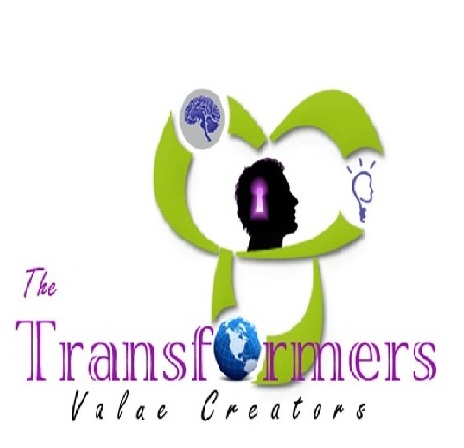Life skill is something which is necessary or desirable for full participation in everyday life.
It includes creativity, critical thinking, problem-solving and decision-making, the ability to communicate and collaborate, along with personal and social responsibility that contributes to good citizenship.
Perhaps the most important life skill is the ability and willingness to learn.
Life Skills for a developing and progressive country :
Democracies need active, informed and responsible citizens, who are willing and able to take responsibility for themselves and their communities and contribute to the political process.
These capacities do not develop unaided; they have to be learnt. While certain life skills may be acquired through our everyday experience in the home or at work, they are not sufficient to adequately equip citizens for the active role required of them in today’s complex and diverse society.
By learning new skills we increase our understanding of the world around us and equip ourselves with the tools we need to live a more productive and fulfilling life, finding ways to cope with the challenges that life, inevitably, throws at us.
Life skills for Children :
“Education is about so much more than the topics pupils study in class; how they behave as individuals towards themselves and others are of equal importance in shaping the adults they will become.”
Children don’t naturally know how to make good choices. Life skills help children know what to do in everyday situations as well as how to make good decisions about more abstract, long-term choices e.g. good manners, tell the truth, show gratitude and advocate for themselves.
Life Skills for Adolescents :
Adolescence, a vital stage of growth and development, marks the period of transition from childhood to adulthood. It is characterized by rapid physiological changes and psychosocial maturation.
How well an adolescent deals with these issues is decided by a host of factors that include their personality, psychosocial support from the environment (that includes parents, teachers and peers) and the life skills that they possess.e.g. critical thinking and creative thinking, decision making and problem solving, communication skills and interpersonal relations, coping with emotion, stress and self-awareness and empathy.
Life Skills for Adults :
In today’s world, we constantly rely on tools, electronics, and connected devices. Growing up in a world of ever-increasing connectivity is bound to require different skills than were needed before. On the other hand, young people do stand to lose some important skills if we let new technologies completely obscure our approach to life. By taking the best of older generations and combining it with today’s unique demands and skill sets, young adults stand to be more empowered than any generation before e.g. accepting feedback gracefully, apologizing sincerely, managing your time wisely and saying ‘no’ respectfully.
Life Skills for Senior Citizens :
With the growth of the aging population, the crucial step of incorporating wellness behavior changes into everyday life. The main purpose is to enhance older adults’ independent living skills by increasing their ability to decipher the overwhelming body of wellness information and increasing their sense of control over their lives. The importance of lifelong mental activity and its positive role in successful aging can be understood as the preliminary data analysis suggests that interactive educational program for seniors can positively affect their sense of control and produce some immediate behavior changes that could enhance successful aging.
It encourages older adults to try something new they learn in each lesson. The information is valuable for all older adults and appeals to lifelong learners who want to take an active role in life decisions e.g. be outgoing, explore your surroundings, be open-minded.
”Life Skills has greatly affected lives. They help to make better decisions in our everyday lives as well as in our working lives. We learn how to communicate in a more effective manner through life skills.”








